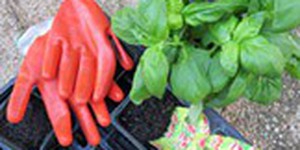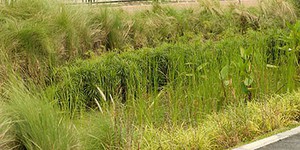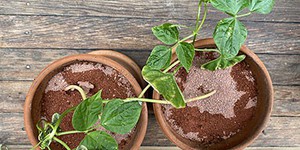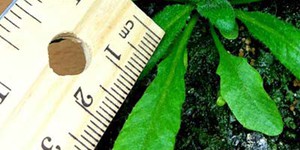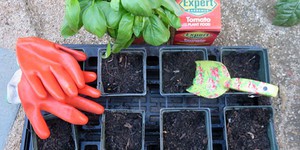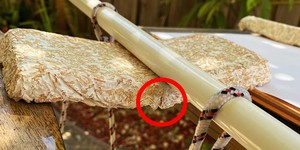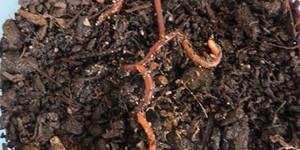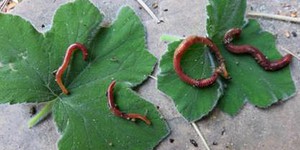Others Like “Hydroponics: Gardening Without Soil” (top 20 results)
|
Everybody knows that worms are good for the soil, but not everybody knows why. Here's a project that investigates just one of the ways earthworms improve the earth. Would earthworm castings (or earthworm manure) help your plants prosper and flourish? If so, how much should you use?
Read more
What looks pretty, stops flooding, and helps fight pollution? A rain garden! Find out how by building and testing your own miniature rain garden in a plastic bottle.
Read more
To be able to live on Mars, humans need breathable air, clean water, and nutritious food. Spacesuits can provide oxygen to breathe, ice on Mars can be a source of water, but how could we get nutritious food? Today's astronauts bring food with them. But a manned trip to Mars would require food that was either successfully grown in space or on Mars, as taking the extra weight of food for such a long time—it takes 6–9 months one way—is just too costly. In this project, you will…
Read more
Fuzzy things are often cute, but not when that fuzziness is mold on your strawberry—yuck! Companies look for natural, plant-based ways to protect the berries from mold when they are in the store, waiting for you to purchase them. Would washing them in aloe vera juice protect strawberries from mold? Do this project and find out!
Read more
Have you ever wondered why a plant that grows well in one environment may not survive in a different environment? For example, plants that grow well in a wet jungle would probably not do so well in a dry desert, lacking enough water. This is because plants have adapted to their specific environment. Some plants have even adapted to tolerate chemicals that would usually be toxic, such as various heavy metals. In this plant biology science project, you will investigate whether different…
Read more
Did you know that apple trees do not "breed true"? This means that if you plant seeds from an apple, say a Granny Smith, you will get apple trees, but they will make apples that are actually different than Granny Smiths. So how do farmers produce new Granny Smith trees? They use a method called vegetative propagation. For instance, they may cut a branch off of a tree that grows Granny Smith apples and attach the branch onto a different tree trunk. This method of making new trees is called…
Read more
Plants need nitrogen to grow healthy stems and leaves. Although nitrogen is the most abundant element in the air we breathe, that form of nitrogen cannot be used by plants. Nitrogen contained in fertilizer, on the other hand, is readily taken up by plants. In this experiment, you will compare plants grown without nitrogen fertilizer to plants grown with nitrogen fertilizer.
Read more
Does growing your own house sound futuristic? If so, this project might surprise you! An overlap of biology, material science, and environmental science has resulted in some intriguing self-assembling materials. In this project, you will grow one of these materials: mycelium composite. It is made of agricultural waste and mushroom roots. You will explore two ways to grow your own construction material. Try it out and see which method proves to be the strongest!
Read more
Interested in helping the environment, and don't mind getting dirty? In this project you get to mix it up with earthworms, soil, and various types of organic kitchen scraps. The basic idea is to set up small earthworm colonies to compost different types of food waste. You test the soils in each type to see how diet affects both the earthworm population and the nutrients they put back into the soil. This project takes a little time, but it's worth it. You'll help the environment and learn…
Read more
Earthworms are important for the soil and fun to study. In this science project, you will find where earthworms like to stay when food is around. Will they gather around the food, take food with them in their tunnels, or not be attracted to the food at all? You will fill four pots with dirt, add food and worms, and track their activity over one week to find out!
Read more
|
Explore Our Science Videos
Turn Milk into Plastic! Lesson Plan Introduction
Build a Solar-Powered Car for the Junior Solar Sprint
Video: Winding Coil


